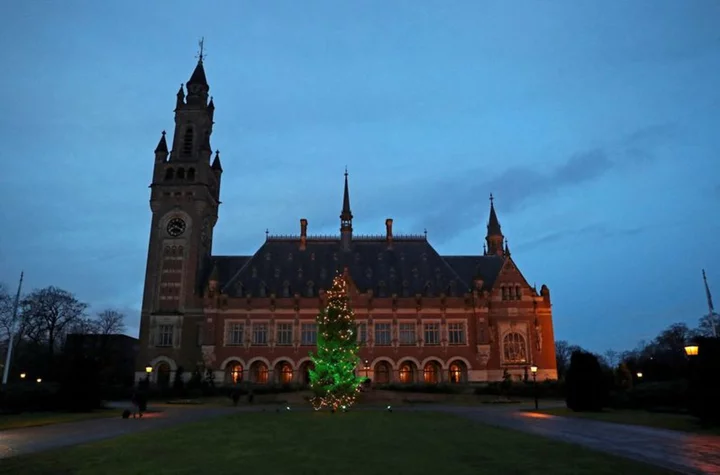
World Court backs Colombia in maritime border dispute with Nicaragua
(This July 13 story has been refiled to change the pronoun used to quote the judge, to she, from he,
2023-07-14 18:15

One Direction sparks hope for reunion as former bandmates back in contact with new WhatsApp group chat
'I don't know — but we just started a new group chat, so that is something,' Liam Payne revealed
2023-05-22 14:27
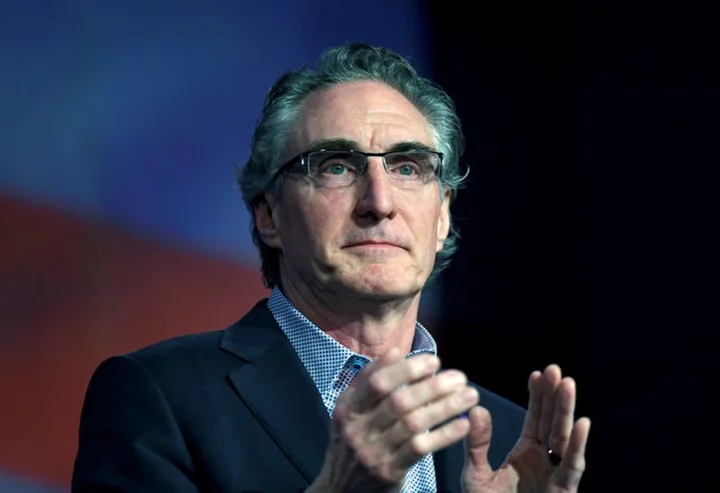
North Dakota's Republican governor set to launch US presidential bid
By Nathan Layne North Dakota Governor Doug Burgum is planning to enter the 2024 presidential race, joining a
2023-05-27 02:23
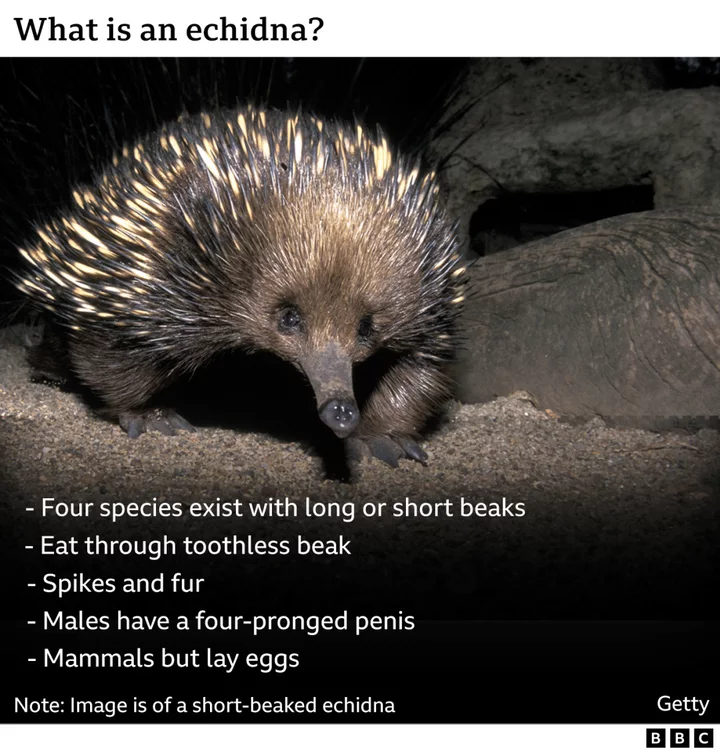
First ever images prove 'lost echidna' not extinct
Expedition captures first ever footage of spiky egg-laying mammal that walked with dinosaurs.
2023-11-10 09:20
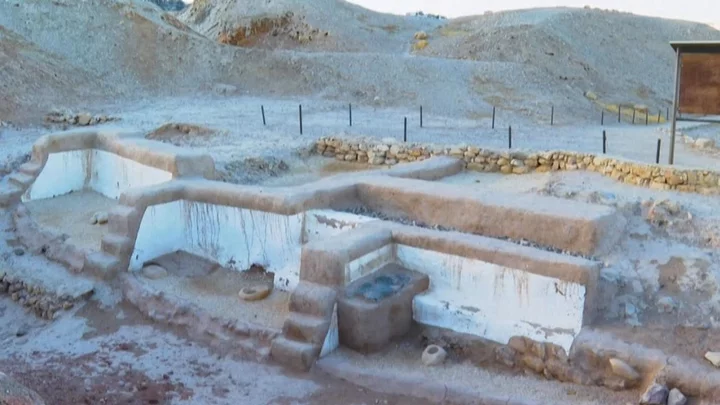
New language discovered in ancient Bronze Age ruins
Ancient clay tablets unearthed from ancient ruins in Turkey by archaeologists have revealed a language lost to the passages of time. The new language was discovered in the ancient capital of the Hittite Empire at Hattusa (known as Boğazköy-Hattusha). The well-preserved tablets are among many incredible artworks found at the site - a UNESCO World Heritage Site. Over the past four decades, researchers have dusted off nearly 30,000 unique tablets - with most written in Hittite. New research, however, shows that some of the tablet haul shows that they are written in a language previously unknown to modern man. Of course, the meaning and words of this language have not been deciphered, but it appears from early inspection to branch off from languages used within the Hittite Empire - and is being referred to as Kalašma. Interestingly though, researchers from the Istanbul Department of the German Archaeological Institute have noted that the new language is found within a recitation in a 'cultic ritual text'. While that's usually the basis of a middling horror movie, we're certain that there's nothing to worry about - it stems from an ancient Hittite practice. Professor Daniel Schwemer explains that the discovery wasn't unexpected. "The Hittites were uniquely interested in recording rituals in foreign languages," he said. These ritual texts provide insight into little-known languages, and thanks to this discovery, one more has been added to the list. Sign up for our free Indy100 weekly newsletter Have your say in our news democracy. Click the upvote icon at the top of the page to help raise this article through the indy100 rankings.
2023-09-25 23:28
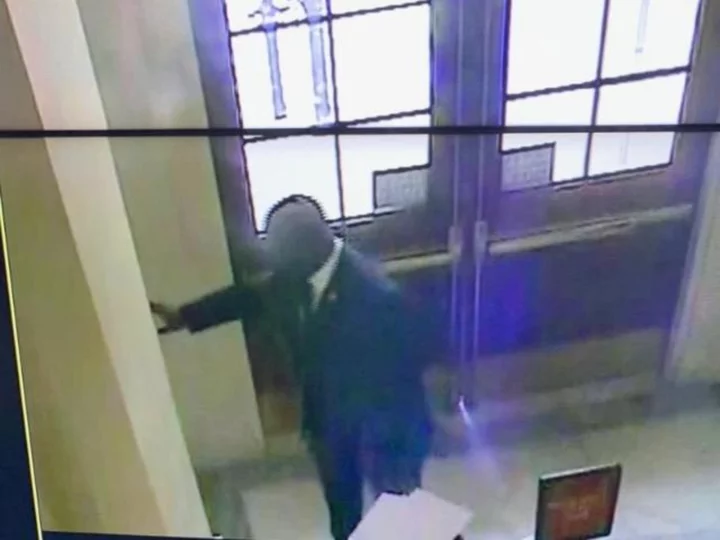
New York Rep. Jamaal Bowman pulls fire alarm in House office building but says it was an accident
Rep. Jamaal Bowman pulled a fire alarm in the Cannon House Office Building on Saturday morning, shortly before the House was scheduled to vote on a government funding bill, which the New York Democrat said was an accident.
2023-10-01 04:59

Florida man arrested for posing as vet and performing fatal C-section on pregnant dog on August 11
Osvaldo Sanchez, who wasn't licensed but practiced as a vet, performed surgery on a dog who died later
2023-08-13 19:58

Nashville SC confirm signing of Sam Surridge from Nottingham Forest
Nashville SC have confirmed the signing of forward Sam Surridge from Nottingham Forest.
2023-07-29 17:45
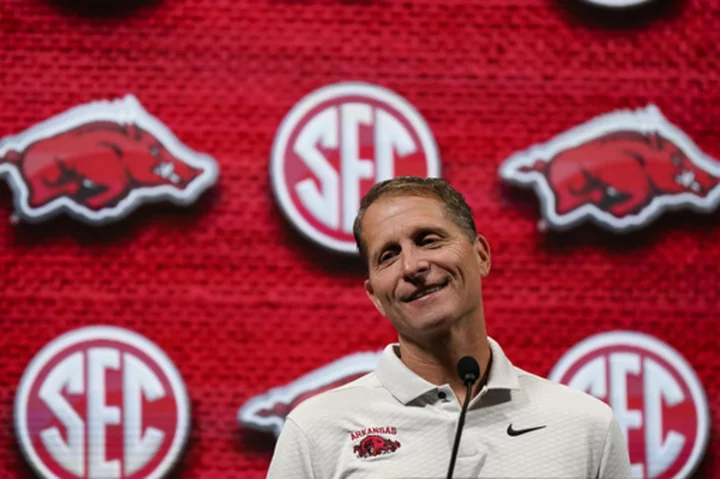
New wrinkles for transfer portal in college basketball, but remains 'the equivalent of free agency'
The transfer portal has become the go-to place for college basketball coaches to immediately upgrade their rosters
2023-11-01 04:50
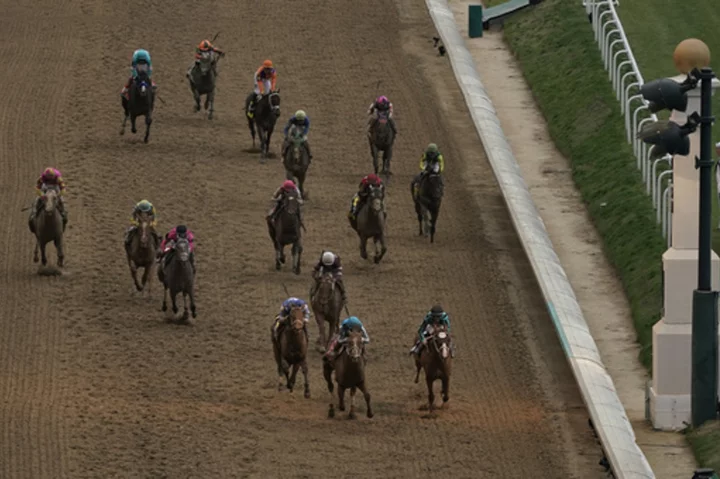
Horse dies after race at Churchill Downs, 9th recent fatality at home of Kentucky Derby
A ninth horse has died after being injured following a race at Churchill Downs, making it the ninth fatality since late April at the home of the Kentucky Derby
2023-05-21 09:18

Are Olivia Rademann and Chumlee Russell still together? 'Pawn Stars Do America' Season 2 couple's relationship took 'unfaithful
Despite having a love story straight out of a fairytale, Chumlee Russell and Olivia Rademann's relationship has broken down apparently
2023-10-26 07:29

Best dating sites for men: Whether you're looking for a casual fling or a committed relationship
Meeting someone organically, or "in the wild," is unlikely these days. Unless you're the star
2023-09-30 17:56
You Might Like...
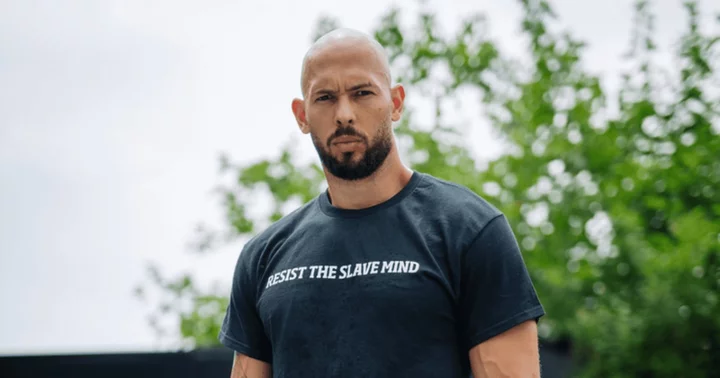
Andrew Tate slams Covid-19 vaccine recipients deeming them 'worse than morons' as fans rally in support

What is Bloch-Sulzberger syndrome? 'RHONY' star Jenna Lyons reveals her hair, teeth and eyelashes are fake

'Today's Hoda Kotb and Jenna Bush Hager's hilarious reaction to viral TikTok video about 'older people' leaves fans in splits

East DR Congo gold venture aims to stamp out illicit trade

TikTok promotes mental health outreach with $2 million advertising fund
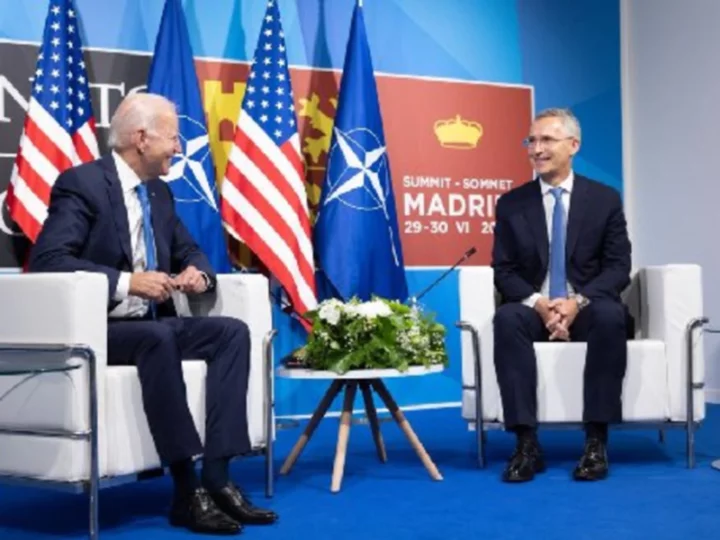
Question of who will take over NATO looms as Biden meets alliance's chief

'I have to be able to pay my rent': Hollywood actor feels the squeeze
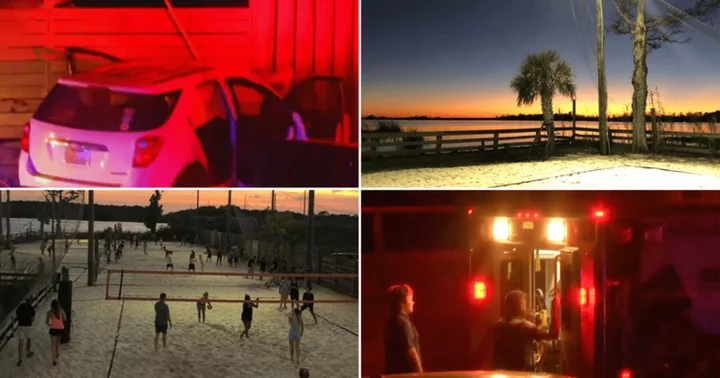
What is the El Kamino SOS League? Alabama volleyball group springs into action to save man's life following crash
